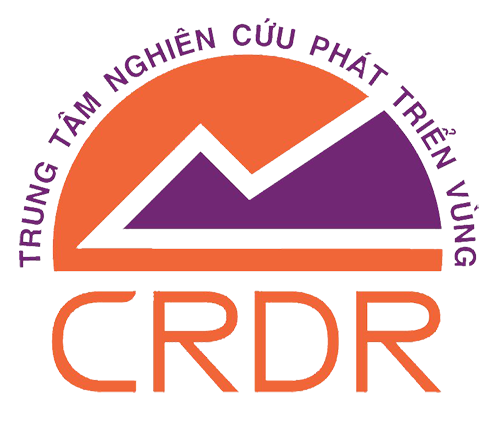
As a fork of Bitcoin, Bitcoin Cash has the exact same total coin supply as BTC, namely 21 million BCH that will be mined for the next century. While there are stores and merchants that accept Bitcoin Cash payments, it doesn’t seem to be a widespread practice yet. This website is using a security service to protect itself from online attacks.
BCH’s creators wanted to increase the size of the blocks within the blockchain so that more transactions could be stored—in theory, more transactions per block would decrease transaction fees. Other developers did not agree that this was the right approach, so the BCH developers created a fork from the Bitcoin blockchain. Miners on the Bitcoin network can be rewarded by successfully opening blocks. Bitcoins are exchangeable for fiat currency via cryptocurrency exchanges.
How Is Bitcoin Cash Different From Bitcoin?
As of right now, there is a war taking place inside the Bitcoin Cash community. This war has been dubbed the “Hash War” and it may have single handedly plunged the entire market. Once bought, BCH can be stored and retrieved using a crypto wallet. Proof of work is one of several consensus mechanisms, which are algorithms that synchronize a network into agreement by maintaining a single data set.

This allows users to add new wallets for different assets and manage their portfolios better. The Bitcoin Cash community defends that BCH is designed to be used as money. You can use it to quickly send and receive money to and from anyone with a BCH wallet, both individuals and businesses. With fast transaction times and low fees, BCH can be more suitable for daily use than Bitcoin, especially when making small payments. Unlike Bitcoin, Bitcoin Cash has an increased block size limit, which allows for more transactions to be included in each block. The block size limit was initially raised from 1 MB to 8 MB and then raised again in 2018 to 32 MB.
How Is Bitcoin Used?
The Bitcoin Cash network is also believed to be able to handle many more transactions per second than the Bitcoin network. However, this claim has yet to be tested, as the blockchain https://www.tokenexus.com/what-is-bitcoin-cash-and-how-does-it-work/ only averages more than 115,000 daily transactions. By 2017, Bitcoin dominance had plummeted from 95% to as low as 40% as a direct result of the usability problems.
- The arguments have devolved over three or four years of bitter debate, the principles are real and they are important to preserve, but a lot of the drama has nothing to do with principles anymore.
- In this article, we’ll dive into the workings of BCH and its unique features, giving a comprehensive overview of both the native crypto and the network powering the coin.
- Even under the best of conditions, banks can make mistakes, hold funds, freeze accounts, and otherwise prevent you from accessing your own money.
- This guide selects a number of exchanges to buy and hold Bitcoin Cash (BCH).
According to them, the increased block-size will allow for more transactions to be processed. This hard fork occurred in 2017 and was caused by a riff in the Bitcoin community over the scalability issue and how it should be solved. The debate has continued beyond the occurrence of the 2017 hard fork, with an additional hard fork occurring within the BCH network itself in late 2018. This hard fork created Bitcoin SV, an adjustment to the BCH protocol that introduced larger block sizes and reduced transaction fees.
Best Platforms To Buy Bitcoin With AstroPay in 2024
Bitcoin Cash (BCH) is a cryptocurrency altcoin designed to be a faster, more cost-efficient alternative to Bitcoin and a solution to the original platform’s scalability issues. It acts as a peer-to-peer electronic cash system developed to quickly verify micropayments at high capacity with privacy. A hard fork happens when an existing blockchain is divided in two, effectively altering how the entire network is managed.
